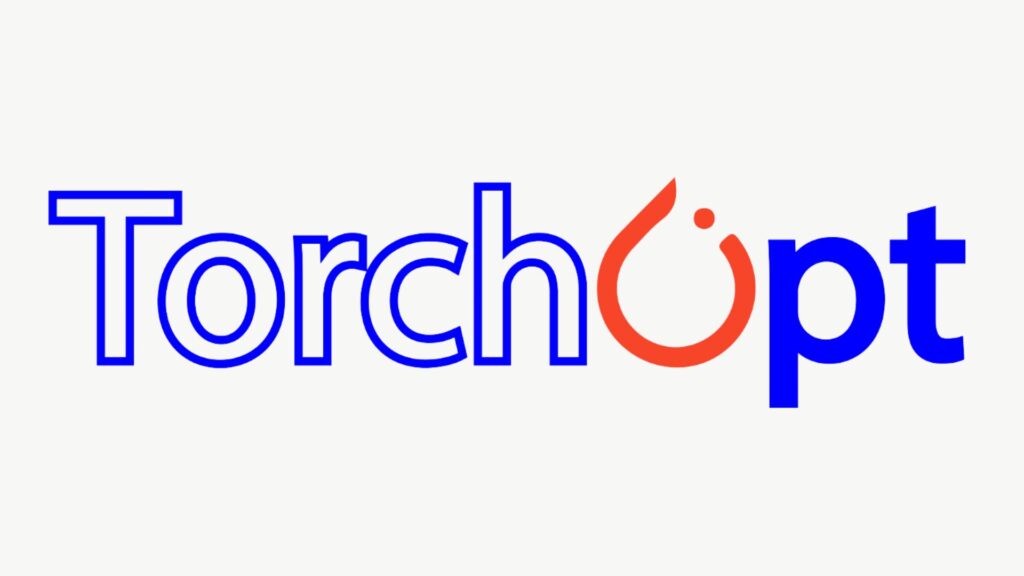Verify Out TorchOpt: An Environment friendly Library For Differentiable Optimization Constructed Upon PyTorch

[ad_1]
Differentiable optimization-based algorithms, equivalent to MAML, OptNet, and MGRL, have flourished just lately. Meta-gradient, or the gradient time period of outer-loop variables obtained by differentiating via the inner-loop optimization course of, is among the essential parts of differentiable optimization. Machine studying fashions can enhance the sampling effectivity and the last word efficiency by using meta-gradients. There are numerous difficulties in creating differentiable optimization algorithms. Earlier than implementing algorithms with gradient flows on advanced computational graphs, builders should notice totally different inner-loop optimization methods.
Examples embrace Gumbel-Softmax to distinguish via discrete distribution, operate interpolation for differentiable combinatorial solvers, specific gradient computation of unrolled optimization, implicit gradient for differentiable optimization, evolutionary methods for non-differentiable optimization, adjoint strategies for differentiable atypical differentiable equations, and so on. Second, differentiable optimization requires a variety of computation. Giant task-level batch sizes, high-dimensional linear equations, or intensive Hessian calculations are mandatory for meta-gradient evaluation. Such computing wants steadily want extra energy than a single CPU and GPU can provide. Not one of the differentiable optimization libraries at the moment accessible can absolutely allow the creation and execution of environment friendly algorithms.
Nearly all of libraries give attention to a small set of differentiable optimizers. As seen within the desk under, they can not wholly assist implicit differentiation, zero-order gradient, and dispersed coaching. Because of this, researchers are compelled to create algorithms on-the-fly and in accordance with the wants of every software, including complexity and value to the event course of. Moreover, important system optimization methods (equivalent to GPU optimization and distributed execution) are difficult to activate for all potential algorithms since they’re intimately tied to some algorithms. TorchOpt is a PyTorch package deal that makes it doable to create and run differentiable optimization algorithms with a number of GPUs to deal with these points.
The next contributions are made by the design and implementation of TorchOpt: (1) Unified and expressive differentiation mode for differentiable optimization To permit customers to flexibly allow differentiable optimization inside the computational networks created by PyTorch, TorchOpt gives a broad set of low-level, high-level, purposeful, and object-oriented (OO) APIs. TorchOpt gives specific gradient for unrolled optimization, implicit gradient for differentiable optimization, and zero-order gradient estimation for non-smooth or differentiable features as its three differentiation methods for addressing differentiable optimization points. (2) A runtime for distributed, high-performance execution. TorchOpt seeks to make CPUs and GPUs fully usable via totally different optimization methods.
To do that, they develop the next:
- CPU/GPU accelerated optimizers (e.g., SGD, RMSProp, Adam) that notice the fusion of small differentiable operators and absolutely offload these operators to GPUs.
- Parallel OpTree that may absolutely parallelize the nested construction flattening (Tree Operations), an important computation-intensive operation in differentiable optimization, on distributed CPUs.
- In response to take a look at findings, TorchOpt can reduce the ahead/backward time of the PyTorch optimizer by 5 to 10 on the CPU and 5 to twenty on GPU.
TorchOpt can reduce the MAML algorithm’s coaching time in half by dividing the computation amongst 8 GPUs. Constructed upon PyTorch, the TorchOpt library is open supply and available on GitHub and PyPi.
Try the paper and code. All Credit score For This Analysis Goes To Researchers on This Challenge. Additionally, don’t neglect to hitch our Reddit web page and discord channel, the place we share the newest AI analysis information, cool AI tasks, and extra.
Aneesh Tickoo is a consulting intern at MarktechPost. He’s at the moment pursuing his undergraduate diploma in Information Science and Synthetic Intelligence from the Indian Institute of Know-how(IIT), Bhilai. He spends most of his time engaged on tasks aimed toward harnessing the ability of machine studying. His analysis curiosity is picture processing and is enthusiastic about constructing options round it. He loves to attach with individuals and collaborate on fascinating tasks.
[ad_2]
Source_link








